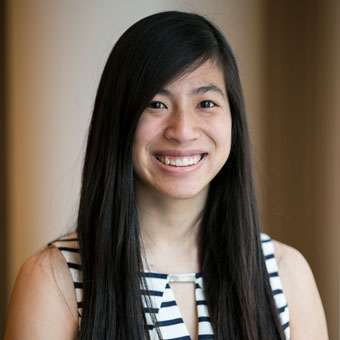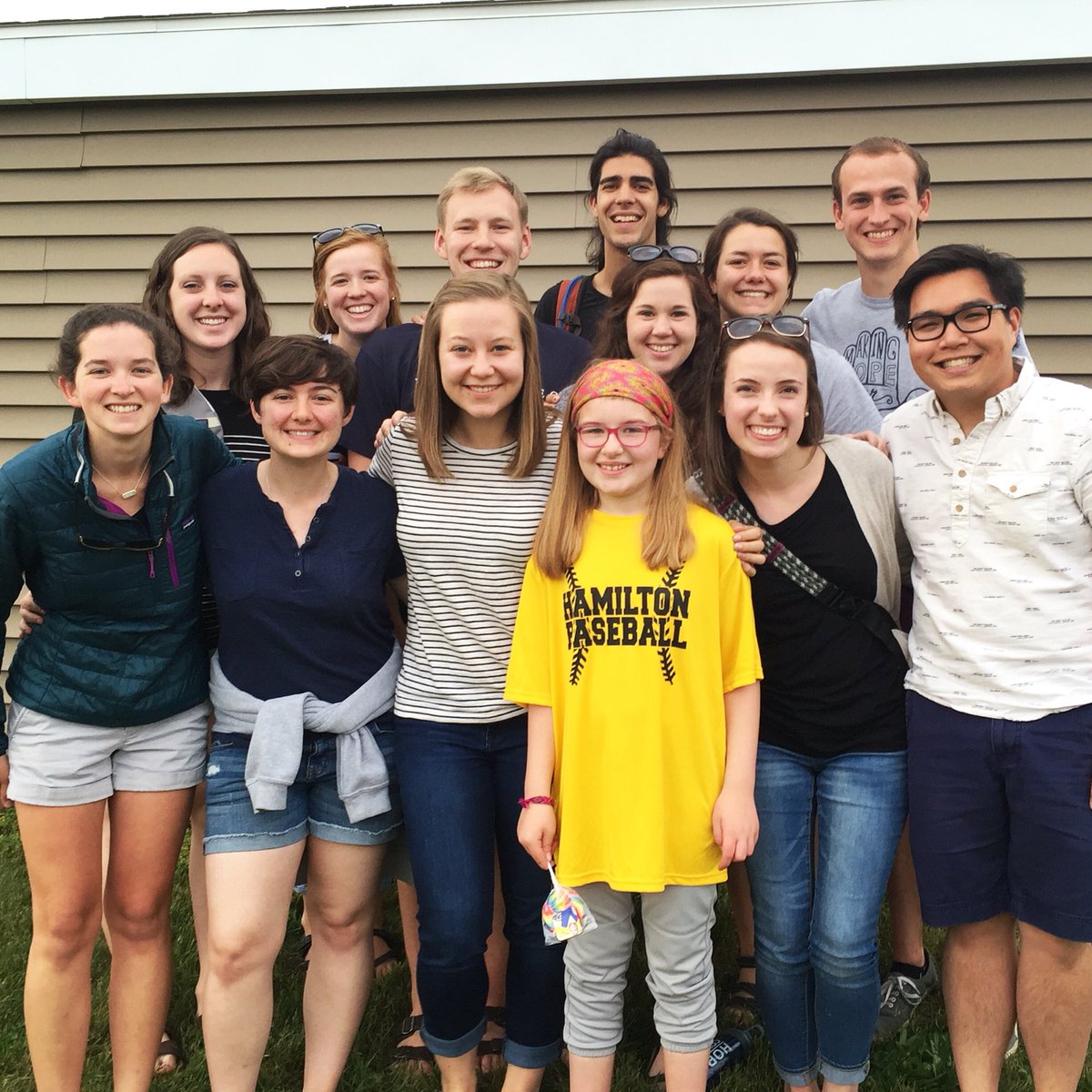
The stories she heard while interning at a refugee center in Denver, Colorado, sounded familiar but not entirely. Daily at the center in the summer of 2015, the stories of struggle and otherness provoked her to wonder, “how much of those stories were like my parents’?” Paulena “Polly” Khorn ’16 wasn’t completely sure. Nate and Marian Khorn had never completely told her.
But Khorn, recently graduated from Hope, knew enough to know that the central themes of displacement, discrimination, violence, and survival ran turbulently through the lives of each refugee she encountered – whether from Afghanistan, Iraq, Myanmar, Congo, Syria, Eritrea – like they had for her parents who escaped Khmer-Rouge-controlled Cambodia three decades earlier. And she knew enough to know that the power of the new millennium refugees’ stories would give power to her commitment to help. They shared a bond, she felt, strong yet tenuous, because of her parents.
“Not really knowing my parents’ entire story, that’s why I chose an unpaid internship in Denver,” says Khorn, a psychology major. “I mean, I know my mom and dad’s story just a little bit more now than when I was younger, but I also know it’s just hard for them to retell. So, respect their silence.
“But when I heard the refugees’ stories who I worked with in Denver, how they were treated, how people would assume they were terrorists, it really hurt me,” Khorn continues. “When I think about how my parents got a second chance in this country, I wanted these new refugees to have that chance, too. I can’t stand seeing people treated as other, as different. We are all human. We are the same.”
Born in Holland, Michigan, Khorn was raised to be fully American. Her parents wanted it that way, but as a teenager, Khorn secretly learned Cambodian from her grandmother. She tried to grasp more about her identity, but it came in fits and starts. That is, until she came to Hope and enrolled in the Phelps Scholar Program. In it, she centered her assignments around reflections and research on her heritage. Her understanding of the Asian American experience started to resonate, even as she was the only Cambodian student on Hope’s campus. She joined Hope’s Asian Perspective Association, later becoming its president. And, the young woman who had struggled with her identity began to reimagine her character and her personality. Once shy, she spoke on panels and in chapel and as a featured speaker at the Women of Color Celebration. She had a story to tell, and it was important because it was hers.
But Khorn didn’t stop there. She saturated her education with every opportunity she could find to understand the needs of the marginalized. Hope’s immersion trip programs allowed her to intensely encounter the homeless in Nashville, the incarcerated in Washington, DC, the hopeless on a Navajo reservation in Rehoboth, Arizona, and immigrants in Tampa. A June Term excursion to South Africa this year will give her greater lessons on peace and reconciliation. Each excursion pointed Khorn toward her future goal – to give voice to those who needed to be heard.
This compassionate, visionary purpose in Khorn’s life all makes more sense when one considers that “Polly loves humanity and justice,” says Vanesse Greene, director of multicultural education. “She is a great ambassador for diversity and inclusion because she owns it, not just by posting flyers about it but by leading and initiating matters. Her heart is genuine.”
There is no better example of Khorn’s humble, tender heart than in the retelling of a story that is quintessentially Polly. At an inter-faith conference in Atlanta last fall, Khorn noticed that many boxed lunches went unclaimed one afternoon. Politely asking the catering staff if she could take a number of them, she filled her arms – and those of a few friends, walked out of a well-appointed hotel, and gave the food to several homeless people she had encountered on the street the day before. The gesture was not showy, nor pious. Instead, it was the earnest action of a woman who knows who she is and how she wants to live. Which is to say, it was clearly the sign of a woman who has come to terms with the power and importance and sanctity of every person’s story.
“Jesus spent his time with the marginalized. He spent time with the lepers, the tax collectors, the paralyzed, the prostitutes, the Samaritans. And he loved them,” proclaims Khorn, who earned Hope’s Diversity and Inclusion Award this year. “He loved people who others felt uncomfortable around. He gave a hope to those who others would not give hope to. That’s what I try to tell people, too. Refugees, prisoners, the homeless – they are broken people and as Christians, we are called to understand the problem and love them as a community. We are all brothers and sisters in Christ at the end of the day. Jesus does not love a person any more or any less than the next. He loves us all the same.”
Can she get an Amen?
Read more profiles from the Women of Color and Senior Recognition Celebration
